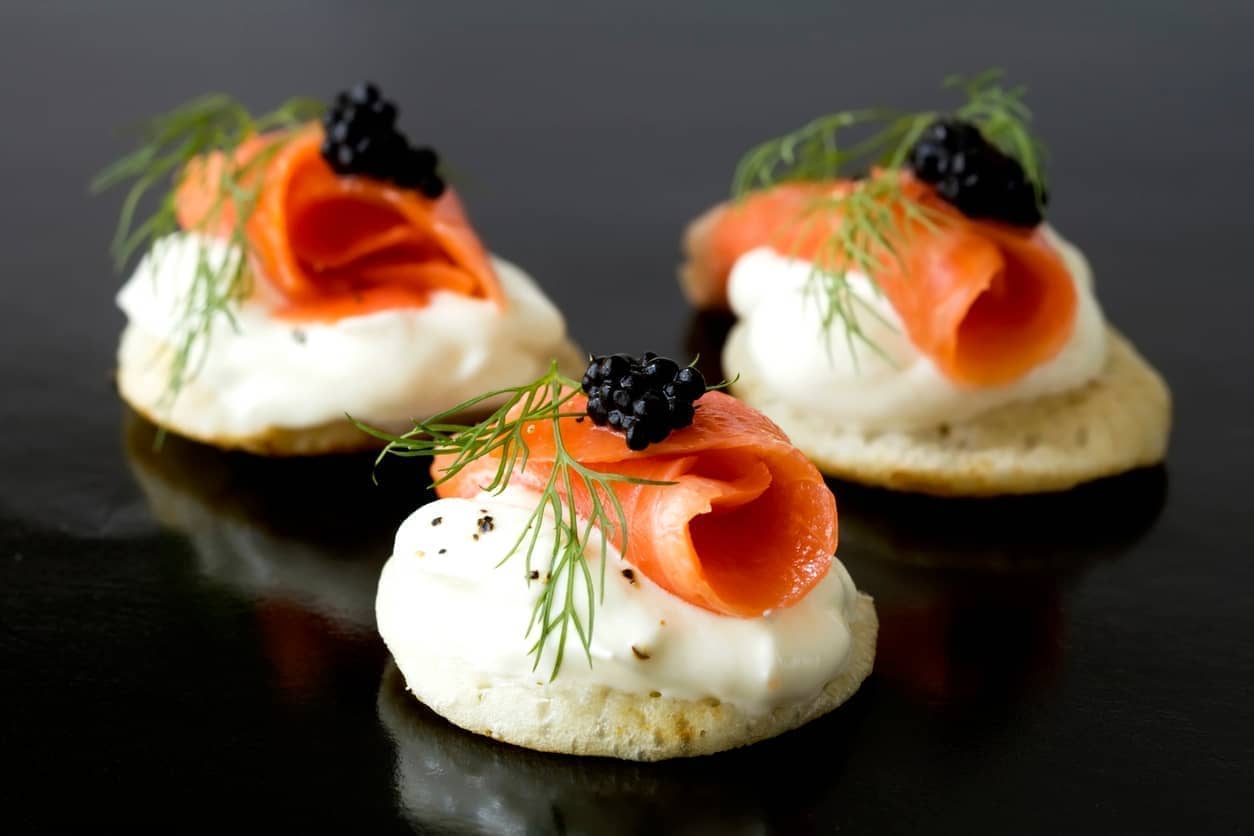As the war in Ukraine worsens, the horrific scenes filling our screens have prompted a visceral reaction from the British public: 78 per cent now support Russian sanctions – up from 61 per cent in late February. Economic sanctions have undoubtedly hit the Kremlin’s spending power – and that’s to be encouraged. But what should we make of the broader cultural boycott of Russia that is rapidly gaining pace?
So far, Britain’s boycotts have had a peculiarly culinary bent. While Putin continues his onslaught, British shoppers have been encouraged to shun vodka and caviar. Lockdown revived an intense interest in cooking amongst the house-bound middle classes. And, seemingly emboldened by their banana bread and sourdough starter kits, many seem set on using food to take on Putin.
Sainsbury’s decision to rename the chicken Kiev might get it trending on Twitter but it’s hardly going to stop Putin in his tracks
Companies keen to capture the zeitgeist have been announcing indiscriminate boycotts of all sorts of Russian produce – from lager to fish – and consumers are following suit. Wetherspoons

Get Britain's best politics newsletters
Register to get The Spectator's insight and opinion straight to your inbox. You can then read two free articles each week.
Already a subscriber? Log in







Comments
Join the debate for just £1 a month
Be part of the conversation with other Spectator readers by getting your first three months for £3.
UNLOCK ACCESS Just £1 a monthAlready a subscriber? Log in